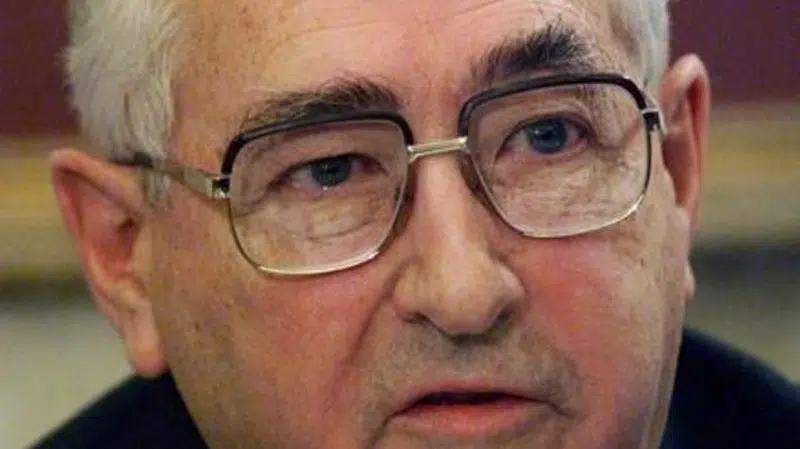
Ted Hughes, British Columbia’s first conflict watchdog, dies at 92
VICTORIA — Ted Hughes, whose reports led to the resignation of a premier and the overhaul of child welfare systems in British Columbia and Manitoba, has died. He was 92.
Hughes was B.C.’s first conflict of interest commissioner and his reviews of the child welfare systems after the deaths of Sherry Charlie in B.C. and Phoenix Sinclair in Manitoba prompted change.
Victoria Gray, B.C.’s conflict of interest commissioner, said Hughes will be remembered for his compassion, determination and clarity of thought.
She said Hughes, who died Friday in Victoria, leaves a legacy that includes stronger ethical constraints on politicians and the establishment of an independent office in B.C. representing children and youth.


